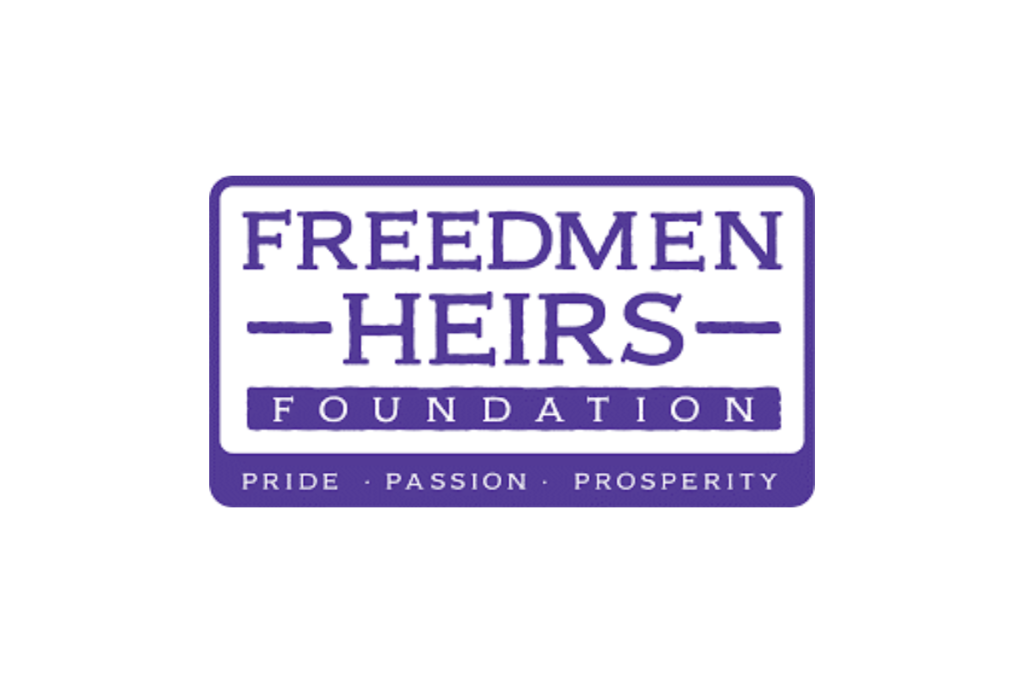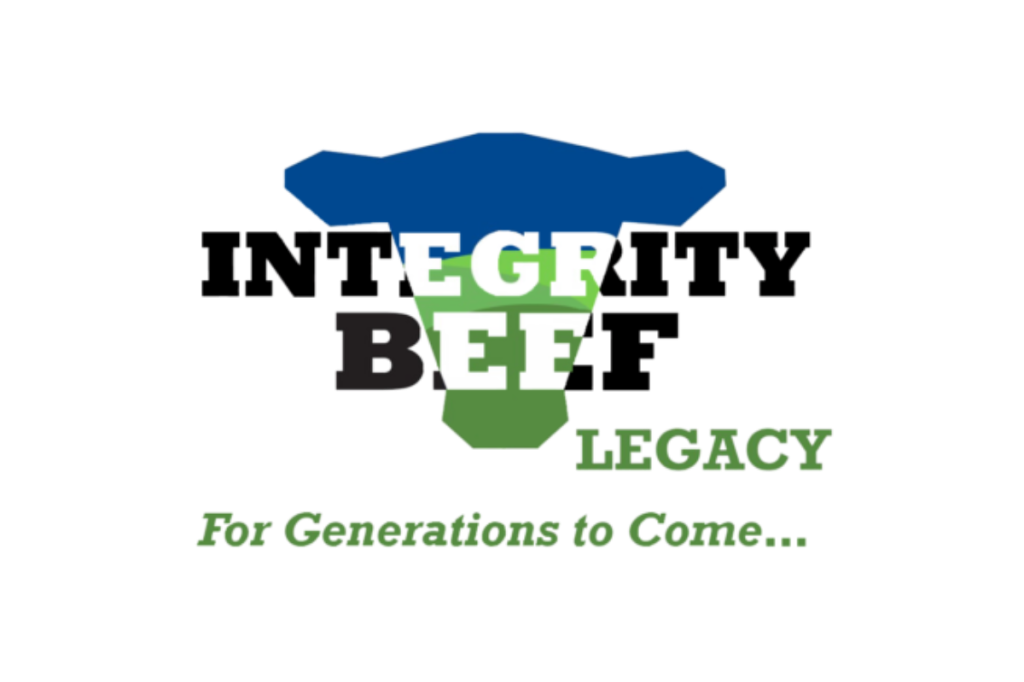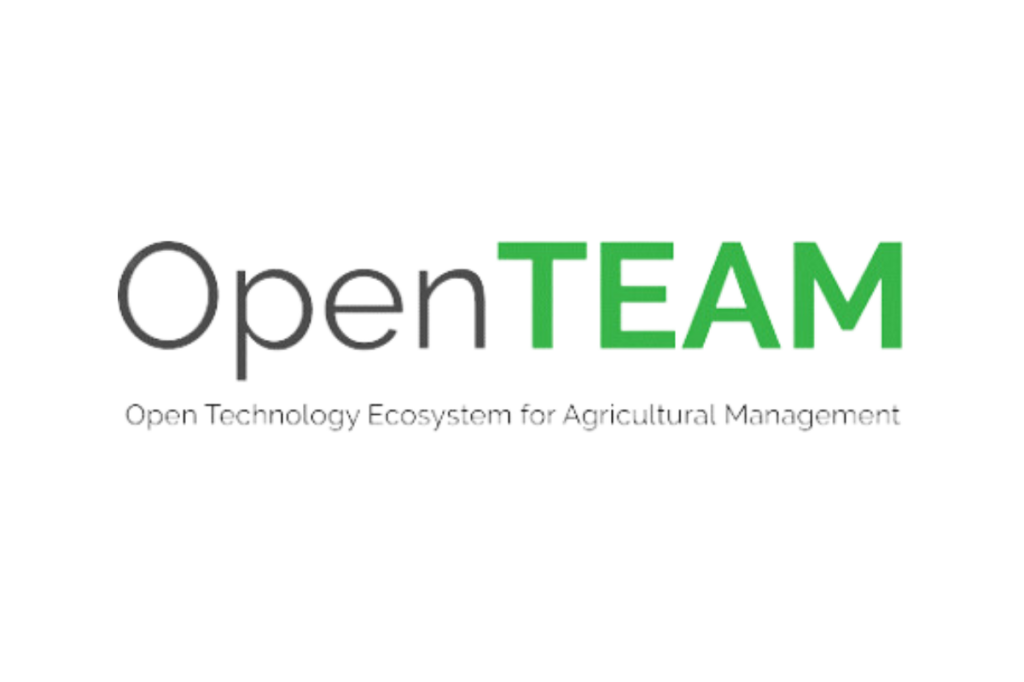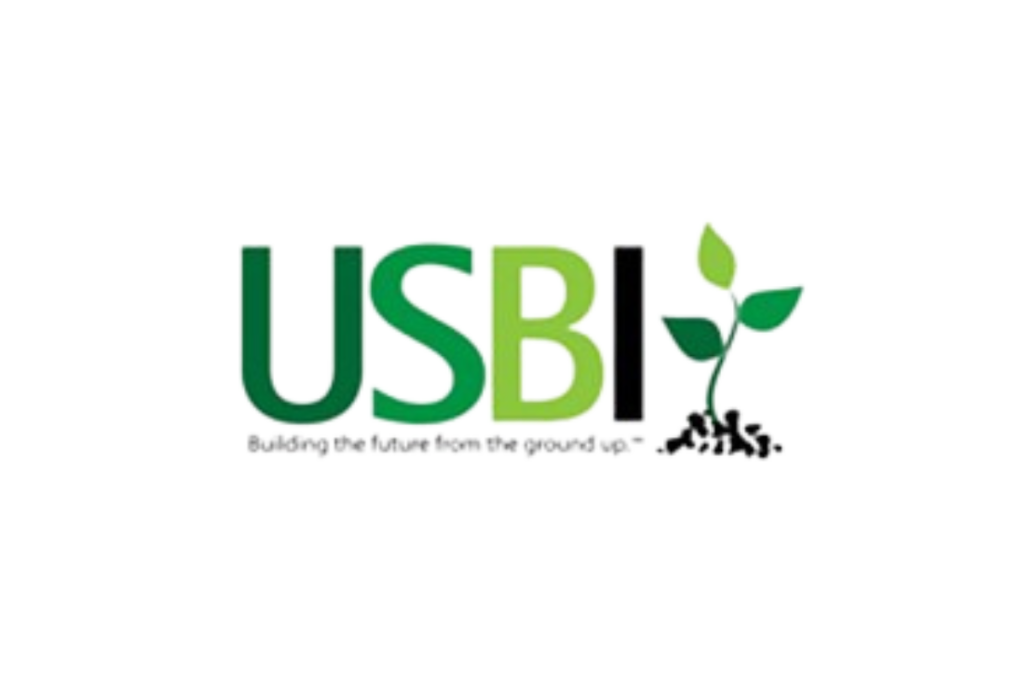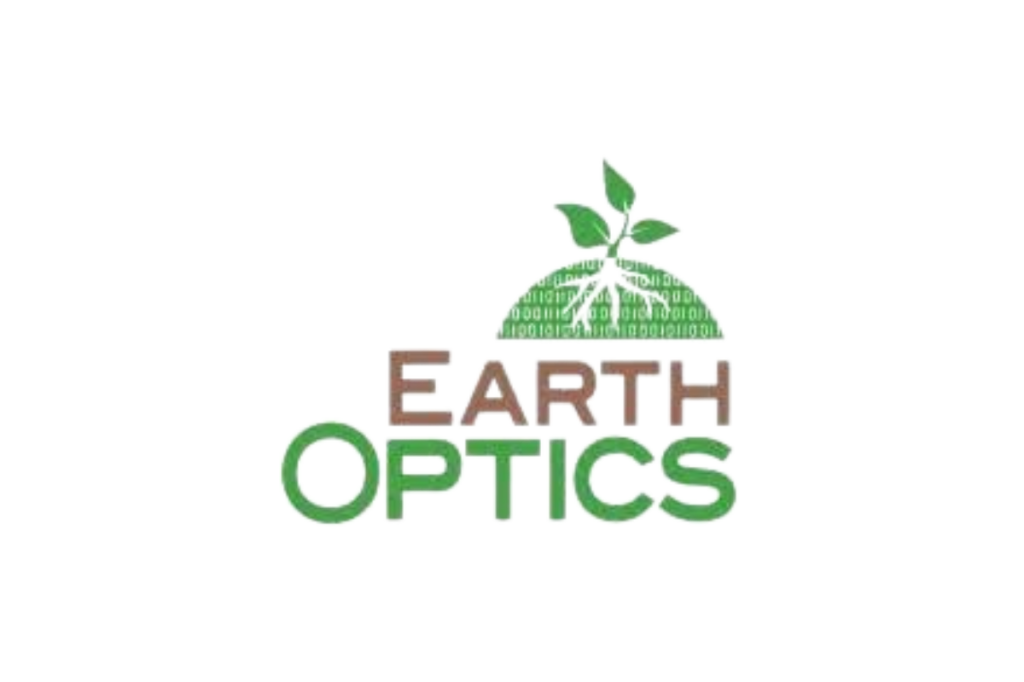Grazing Mentor Network
Regenerative grazing can be a powerful way to increase resilience to severe weather, like drought stress and flooding, safeguard healthy soil, reduce costly inputs, soil organic matter, and provide grassland habitat for birds, pollinators, and other wildlife. Yet, ranchers may be skeptical of adopting regenerative grazing practices due to concerns about profitability and practicality.
Project partners and numerous studies have demonstrated that producers, especially small-scale and underserved producers, often lack information and recommendations from trusted sources. Research shows the five-year survival rate for small and mid-sized operations jumps from less than 50 percent to more than 70 percent if mentors are involved, as they enable peer-to-peer learning based on real-world experience. American Farmland Trust (AFT) is establishing the Grazing Mentor Network (GMN) to assist ranchers, especially historically underserved producers,* to understand the benefits of regenerative practices and provide guidance on how to successfully implement or improve those practices on their grazing operations.
Participants will have the opportunity to learn regenerative grazing management principles through a training series, network with producers in their region, and develop a Grazing Management Plan. Participants who develop and implement an approved Grazing Management Plan under the GMN may be eligible for financial assistance through AFT's assistance programs.
*Historically underserved producers are anyone who identifies as beginning farmers, socially disadvantaged farmers, veteran farmers, limited resource farmers, women farmers, and producers growing specialty crops.
AFT is launching the GMN in six states (listed below) and invites beef producers from those states interested in participating either as mentors or mentees to apply.
Location
This project will create a network of mentors and beef producers in the South (Georgia, Alabama, Mississippi) and Mid-Atlantic (Pennsylvania, Virginia, and Maryland) with multiple mentors in each state. By enrolling in our program, you’ll have easy access to local experts in your area who understand the challenges and opportunities of your land, climate, local marketing networks, and more. If you live in Texas and are interested in participating in the Texas Grazing Network, please visit their main page here.
Key Dates
AFT will begin considering mentors for the GMN this fall. Initial mentor training will be conducted in person in December. Mentors will begin technical assistance with mentees in early 2025.
September 25, 2024: Applications open for mentors and mentees.
Winter/Spring 2025: First in-person training.
How to Participate
The following sections describe the Grazing Mentor Network (GMN) program requirements and expectations for those interested in participating as mentors or mentees. Read through this information and access the application at the bottom of this page.



